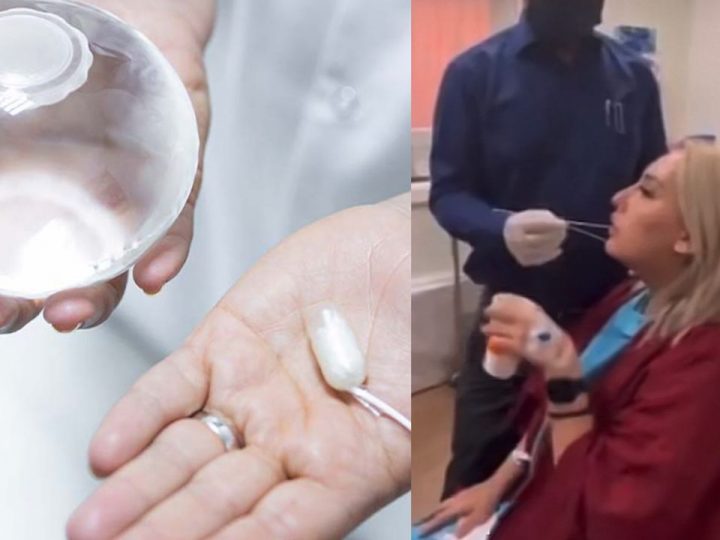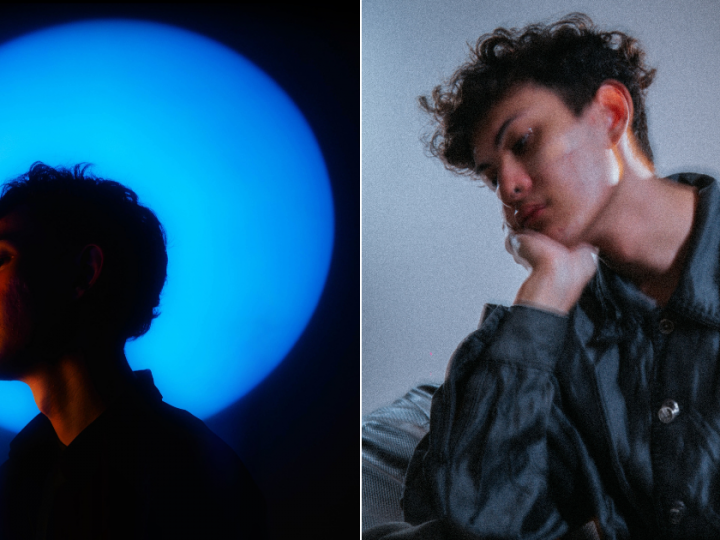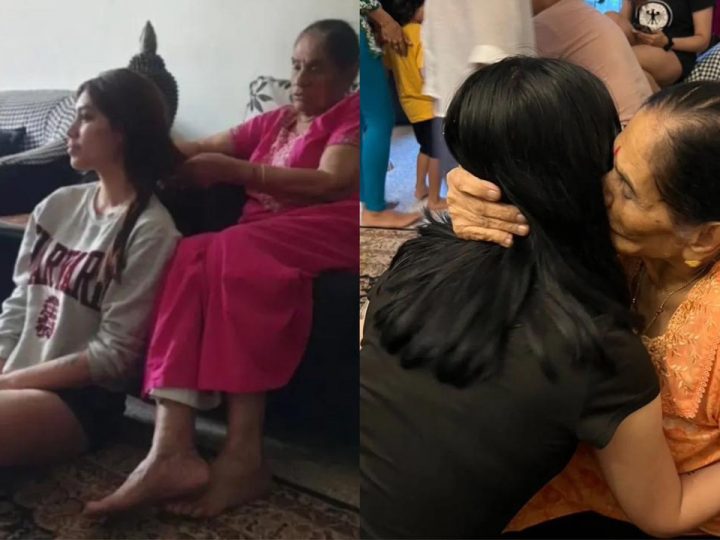WATCH: TikTok Creator Highlights Little-Known COVID Side Effect That Mainly Affects Women Under 30
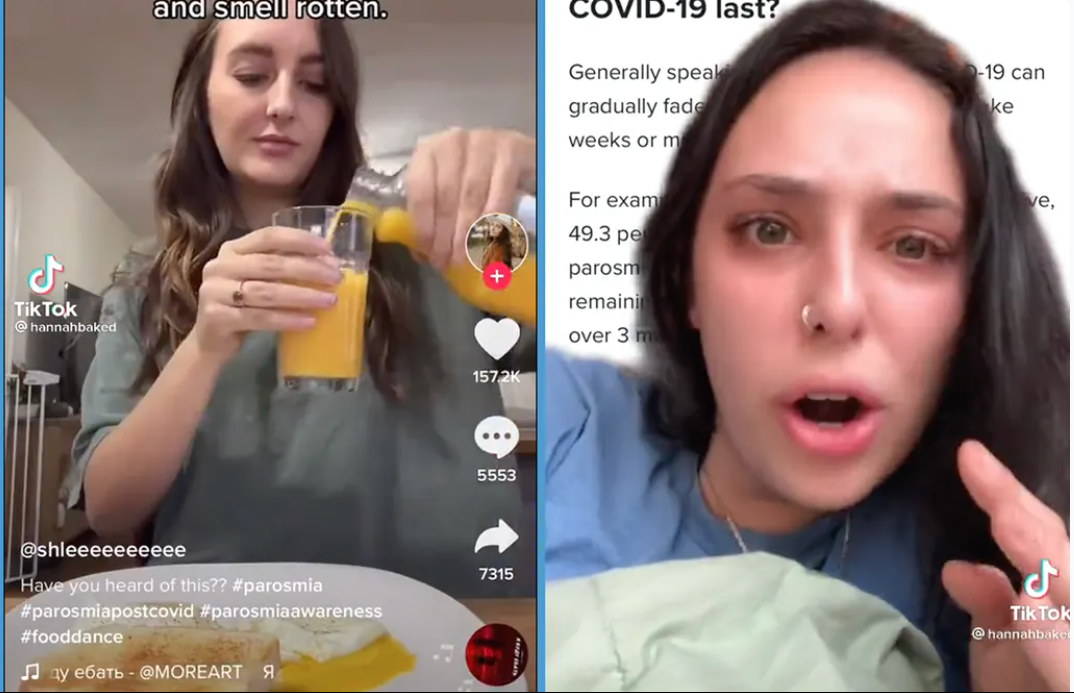 Thirsty for JUICE content? Quench your cravings on our Instagram, TikTok and WhatsApp
Thirsty for JUICE content? Quench your cravings on our Instagram, TikTok and WhatsApp

By now we should all be familiar with the side effects and symptoms that come with Covid-19 – fever, fatigue, and the most prominent indicator, loss of taste and smell. But it doesn’t end there.
Turns out losing the ability to taste or smell our favourite foods extend beyond contracting the virus. A TikTok video recently caught the attention of many when @hannahbaked explained her new discovery, post-Covid.
@hannahbakedIf u refused to wear a mask bc ur young & will recover – u might not. stay selfish & mask up @shleeeeeeeeee ##parosmia ##parosmiapostcovid ##ROMWEnextgen♬ All Too Well (Taylor’s Version) – Taylor Swift
“I don’t think anyone understands how much this affects your daily life,” says @hannnahbaked, who had contracted Covid-19 just earlier this year.
Although her source says that this side effect lasts up to 3 to 4 months on average, she claims to have been experiencing it for the past 10 months which had caused her to develop gastritis, the inflammation of the lining of the stomach.
“I was throwing up bile and I couldn’t get anything down for a very long time, and now I have a severe ED [eating disorder] because everything tastes like sewage.”

She displays an article from Healthline that details just how widespread this issue is. According to a June survey referenced in the article, 10.8% of respondents reported parosmia symptoms after having COVID-19.
With over 42 million cases of COVID-19 reported in the US alone, that would put the number of Americans who have dealt with COVID-19-related parosmia at over 4.5 million people.
Parosmia primarily affects smell, but as smell and taste are closely linked, it can have a profound impact on a sufferer’s sense of taste. Along with the tastes referenced in Hannah’s video, other people with parosmia have reported familiar foods suddenly tasting metallic, rotten, or skunk-like.
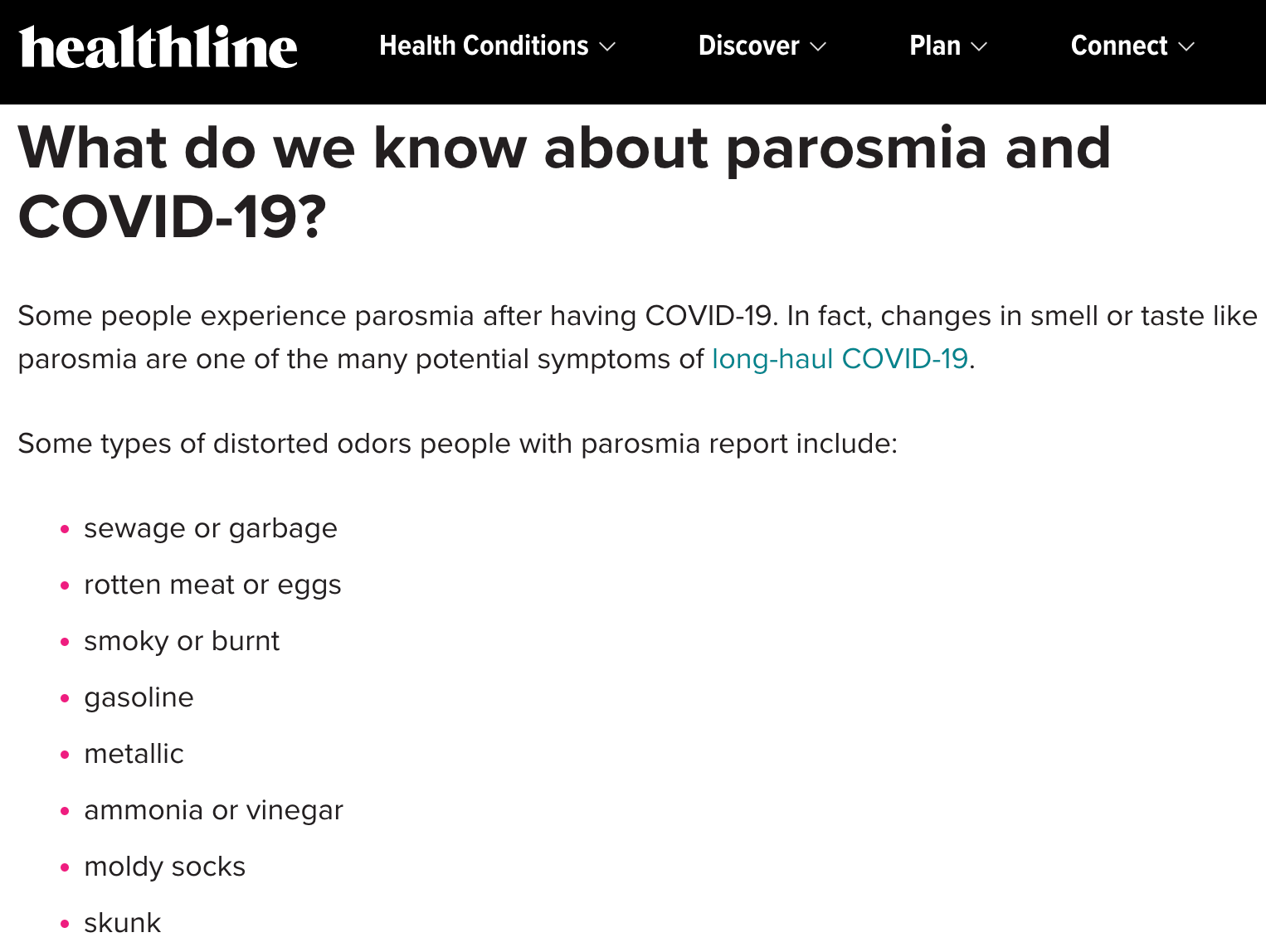
“The doctor told me that if it doesn’t improve within a year, I may never get it back. I have 2 months left and it’s not going away,” she desperately notes in the video.
Not much is known about how COVID-19 causes parosmia, but there are some overarching trends that might shed light on the issue. In the limited data gathered about the topic, parosmia appears to primarily affect young people, with young women specifically suffering the most.
A study of post-COVID-19 people who now have parosmia found that of its 268 respondents, 73.5% identified as female, and 70.1% were under the age of 30. Given the study’s small sample size, it’s difficult to draw meaningful conclusions from this information.
“There’s no research, there’s no cure, there’s just hope,” she says.
If you’ve contracted Covid and recovered, have you experienced this?


 Get Audio+
Get Audio+ Hot FM
Hot FM Kool 101
Kool 101 Eight FM
Eight FM Fly FM
Fly FM Molek FM
Molek FM
